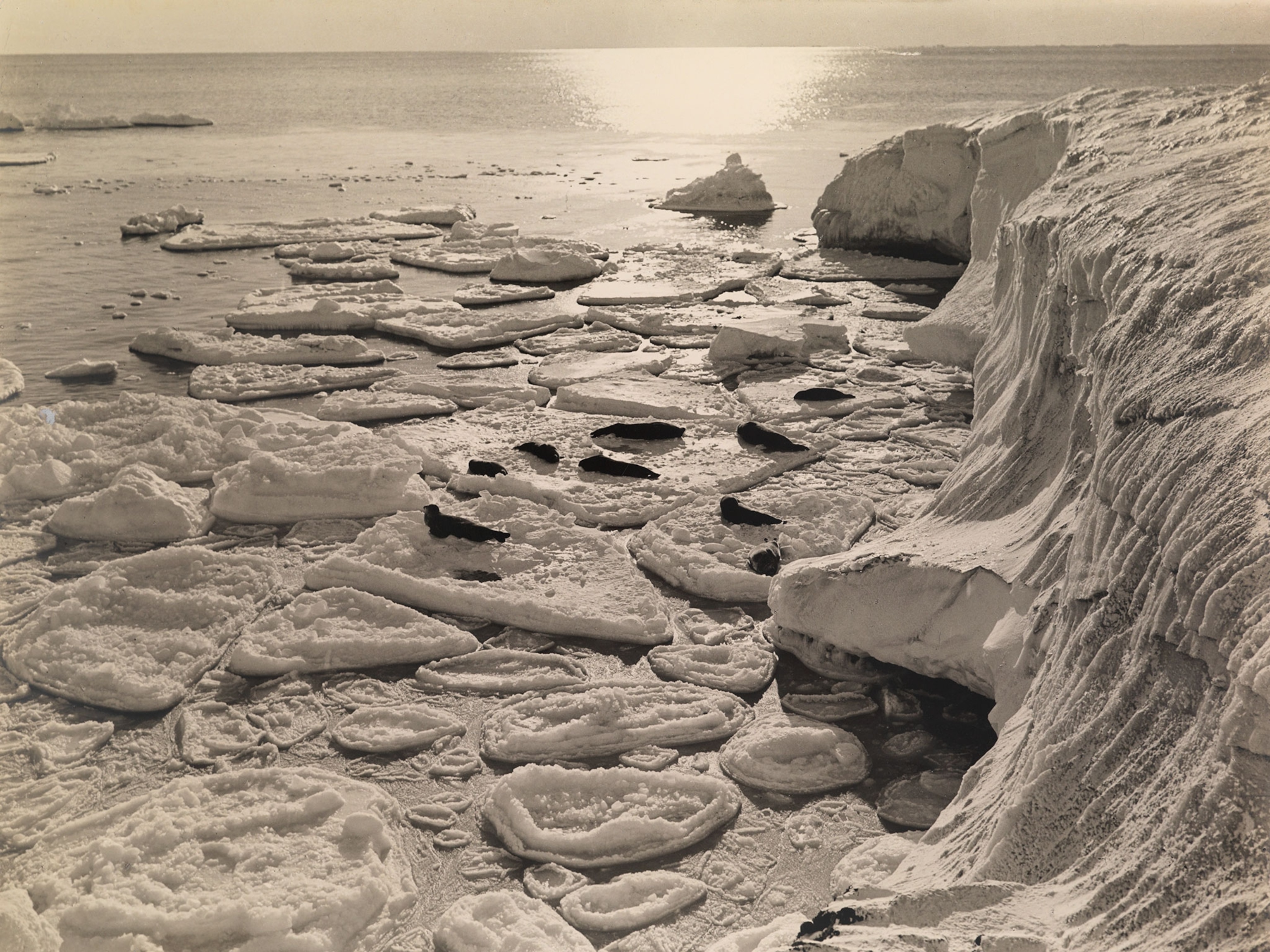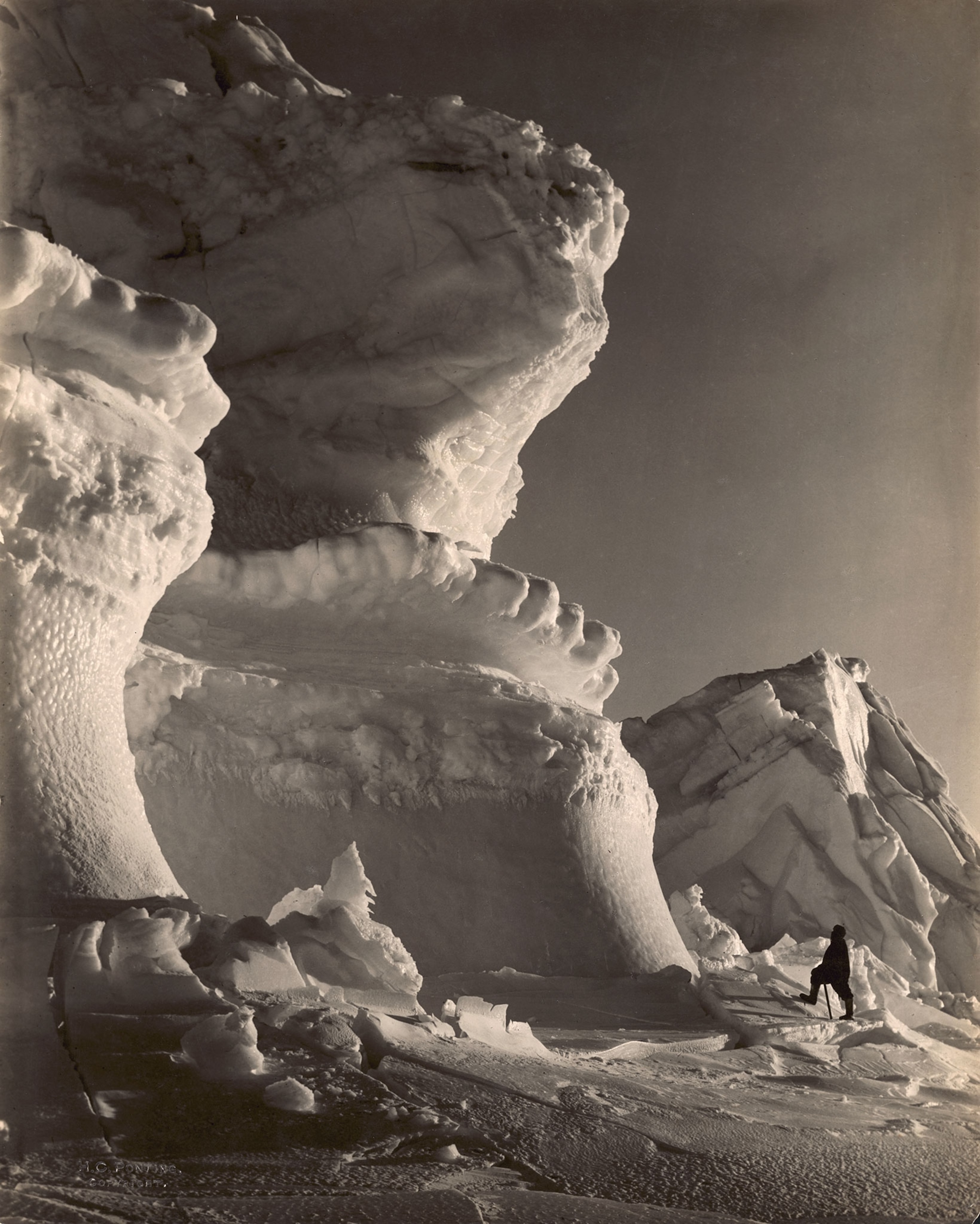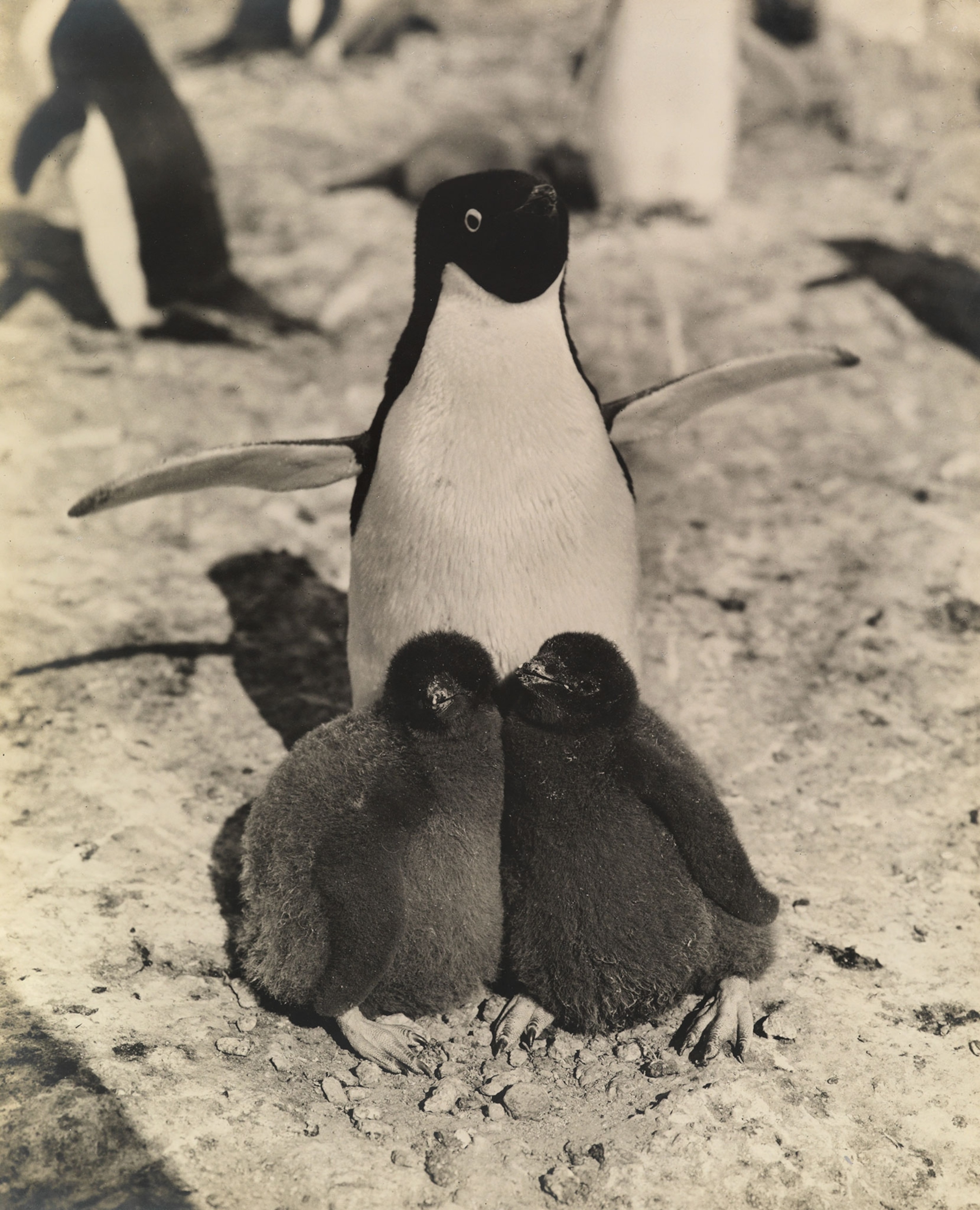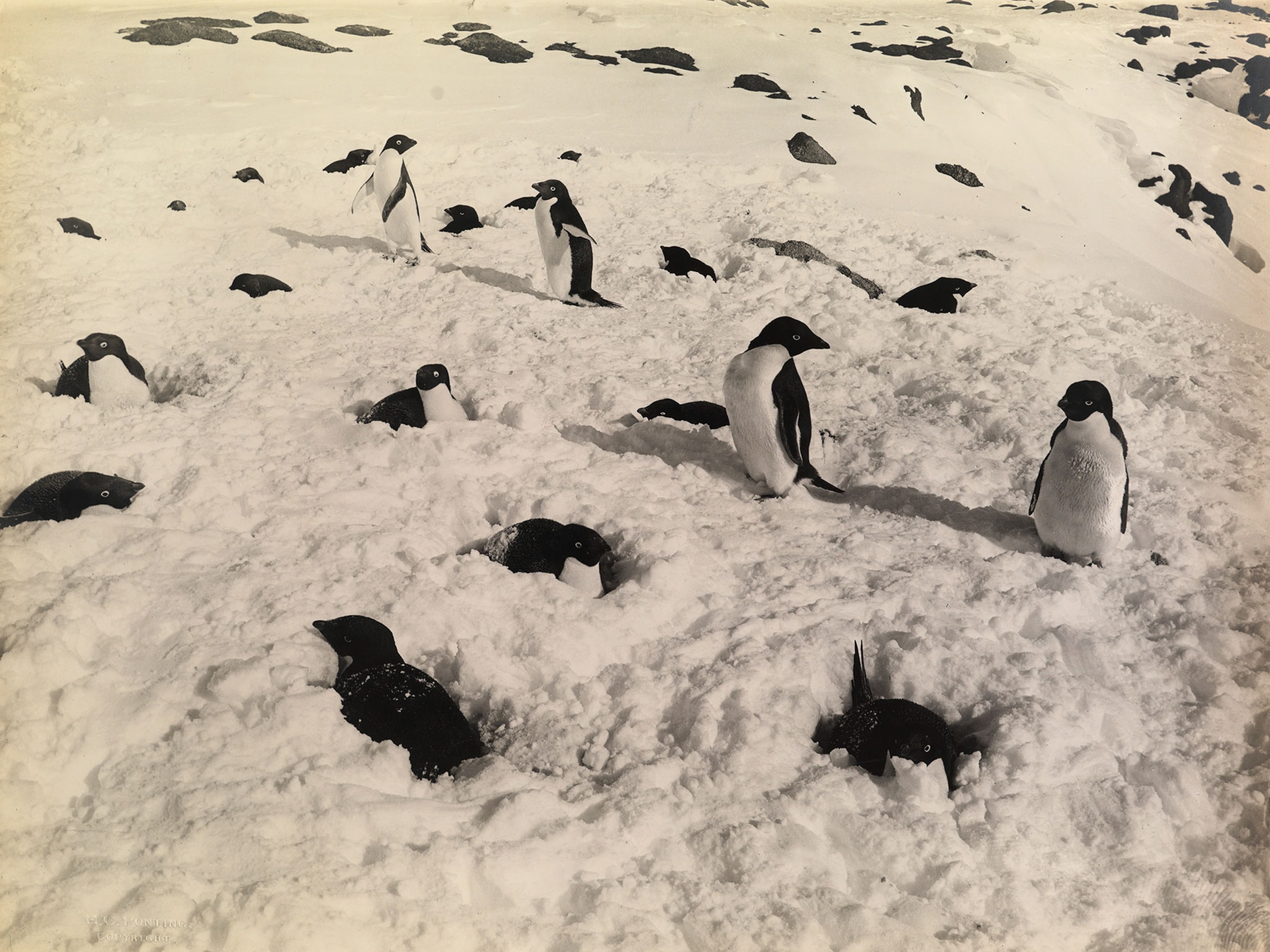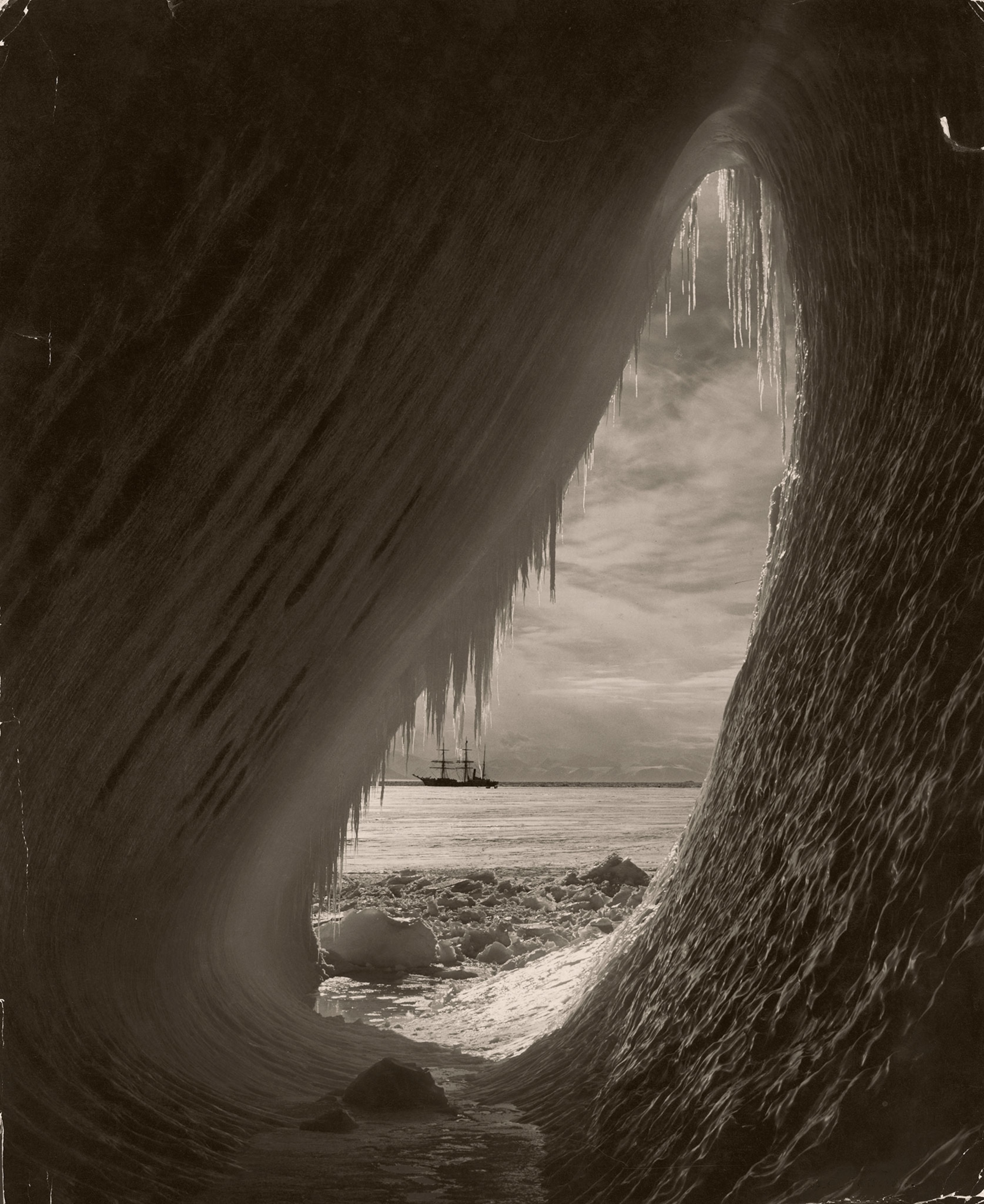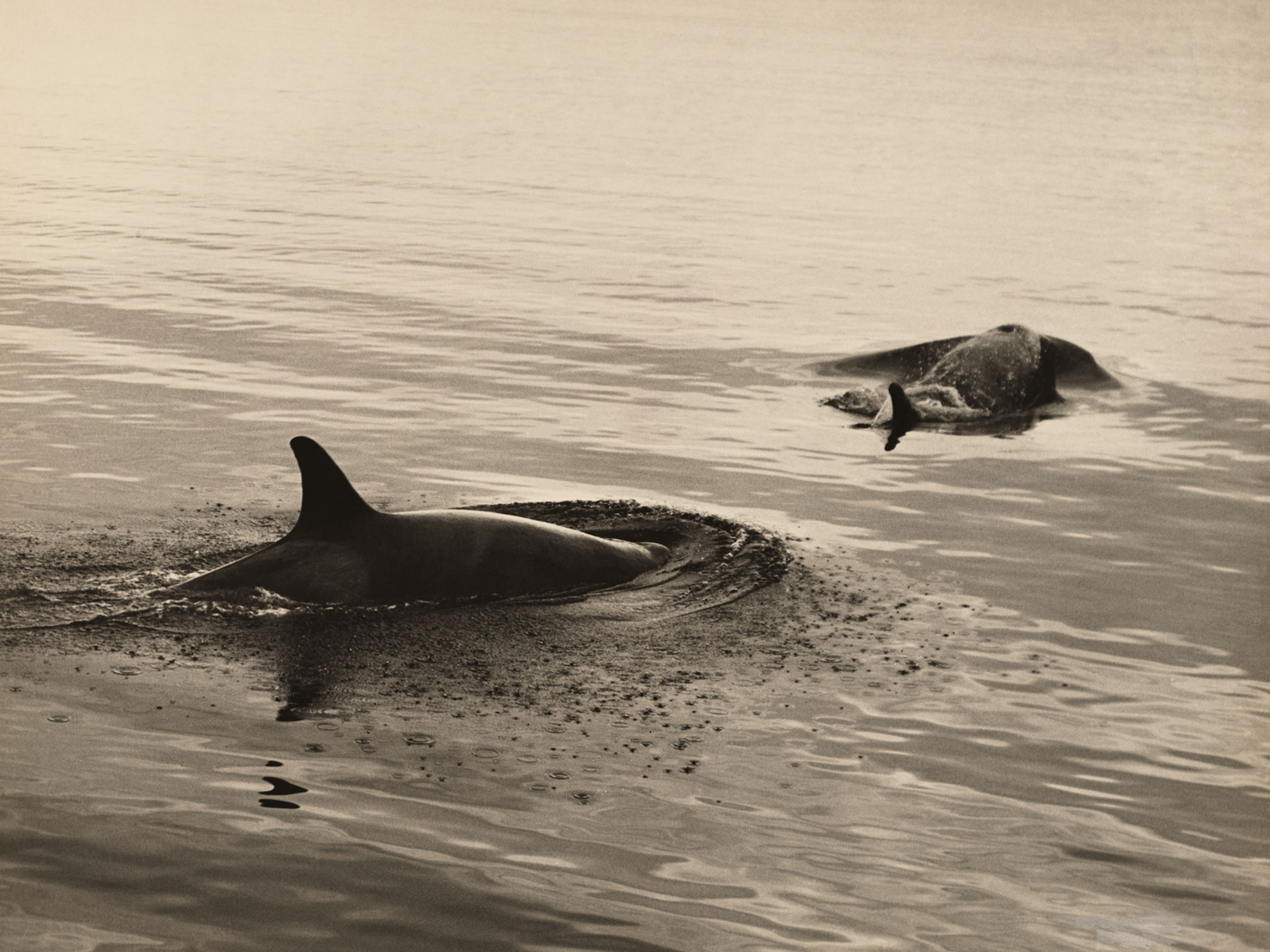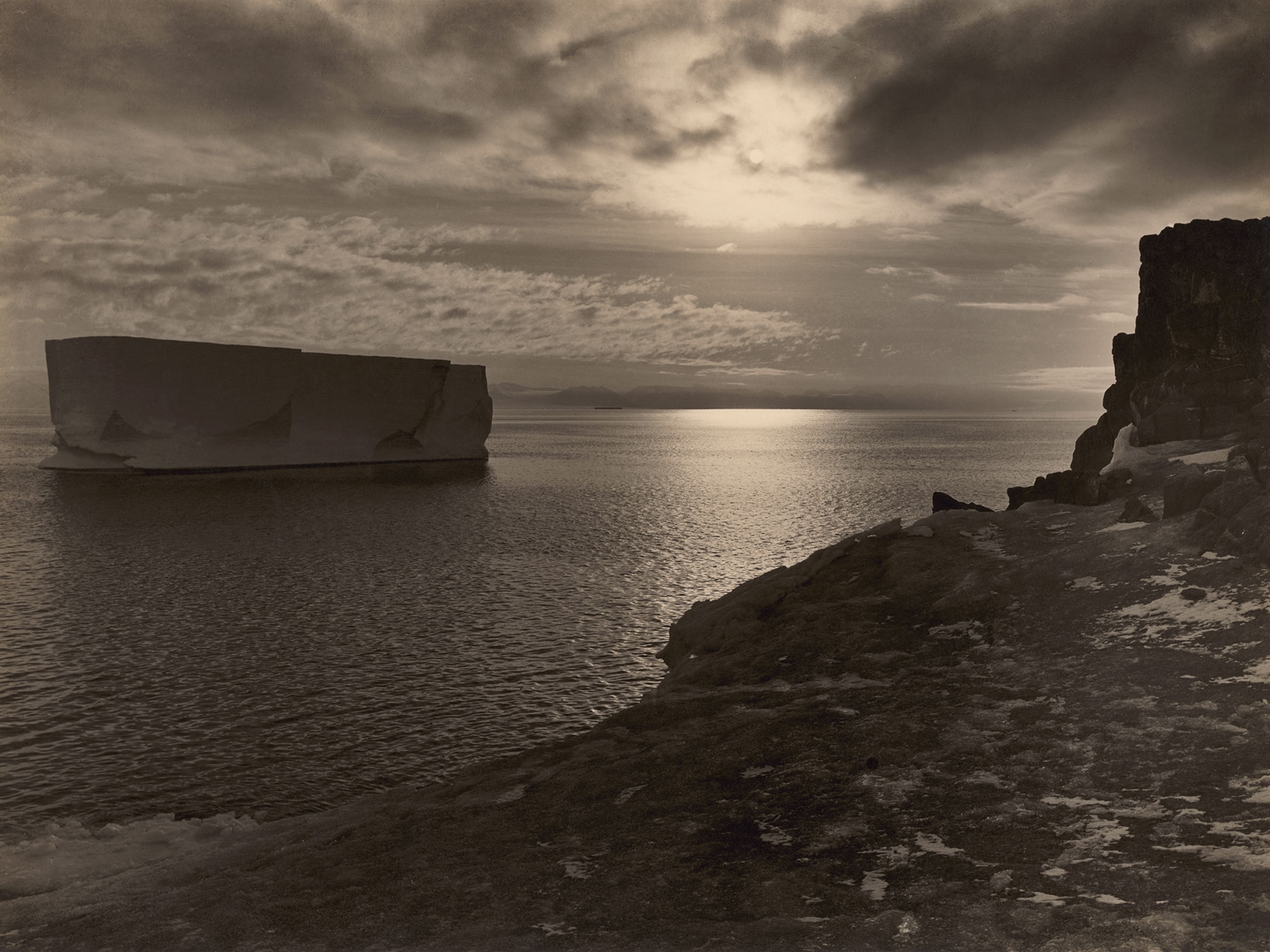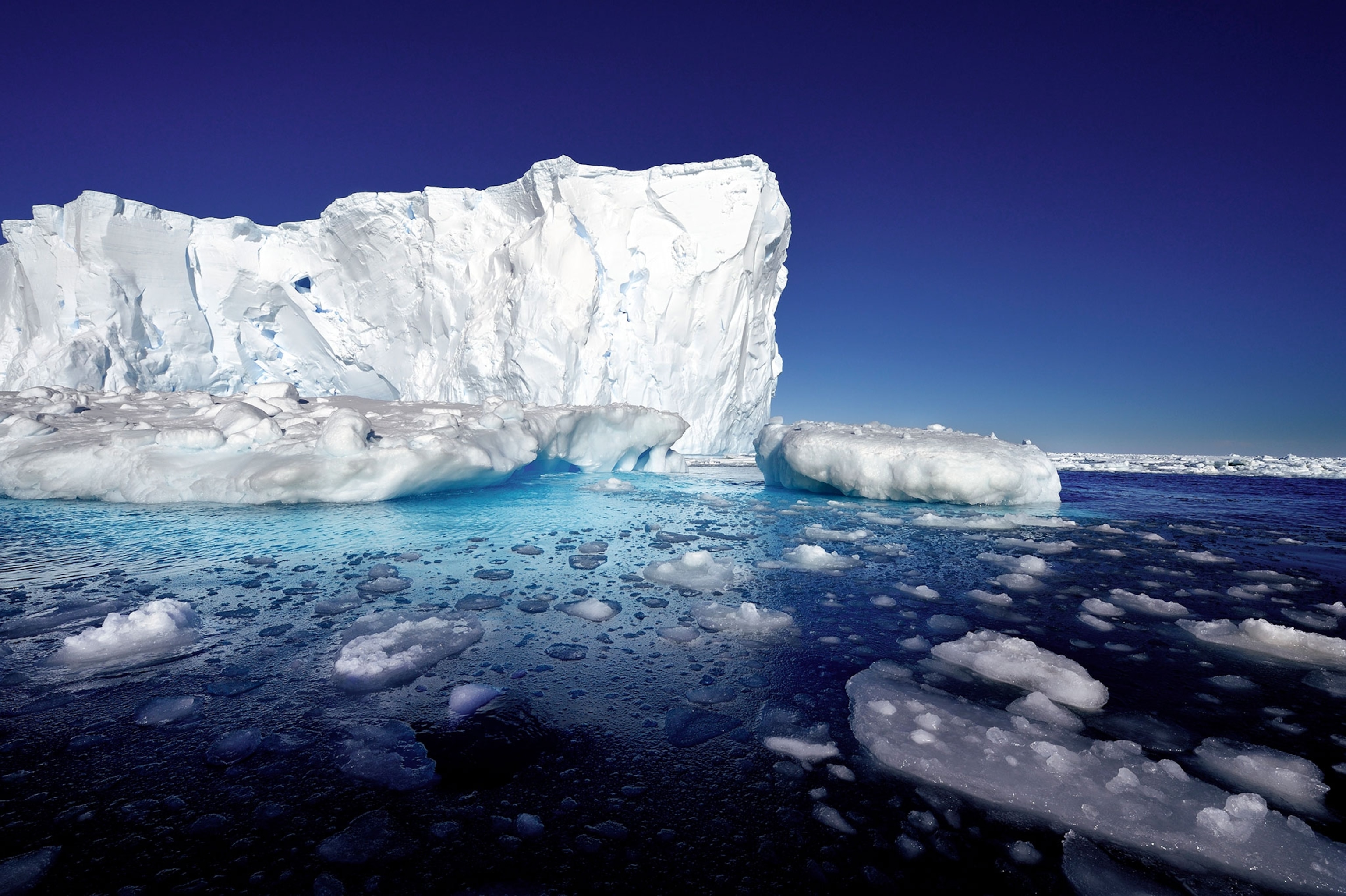
Most dire projection of sea-level rise is a little less likely, reports say
New analysis of Antarctica's melting glaciers refines our understanding of climate change, while risks of global impacts remain significant.
It’s not exactly news that Greenland and Antarctica are shedding ice at record rates.
But in 2016, an eyebrow-raising idea ricocheted through the scientific community: It was possible, the authors said, that a warmer planet could push the towering ice cliffs at the fringes of the Antarctic ice sheet to essentially self-destruct, collapsing like a set of dominoes.
What was extra shocking was just how fast the ice could retreat under this runaway scenario, leading to about three feet of sea level rise fed from Antarctica alone by 2100—much faster than previous estimates, which generally proposed increases of only a few centimeters by the end of the century.
But two new pieces of research, published Wednesday in Nature, suggest a more measured retreat is likely in the coming decades. Both studies revise the estimates of just how much sea levels will rise by 2100 downward, suggesting that Antarctica could contribute somewhere between about three to 16 inches to the world’s oceans under the “worst case” scenarios.
Adding that to the other components that make up sea level rise—how the ocean expands as it warms (which will likely add about 10 inches), the melt from mountain glaciers (about six inches), and changes to the amount of water stored in lakes and rivers on land (one and a half inches), and the total is still a daunting number somewhere between just under two- to over three- foot range.
That is in no way a get-out-of-jail-free card, say the authors of both studies. It’s still an enormous amount of extra water that could slosh up onto coasts, enough to debilitate cities from Boston to Shanghai. But the most drastic impacts of sea-level rise, they say, are likely to kick in only after the turn of the century, giving communities around the world more time to adapt.
What’s more, changes to the ice sheets in both Greenland and Antarctica could also trigger planet-wide shifts in temperature, ocean circulation, and many other parts of the climate system, says says Nick Golledge, a climate scientist at the Antarctic Research Center of the University of Victoria, Wellington, and the lead author of one of the studies.
“The sea-level estimates maybe aren’t as bad as we thought, but the climate predictions are worse,” says Golledge.
(See what the world would look like if all the ice melted.)
Wait—Ice could disappear HOW fast?
More and more evidence emerges every year showing that the Greenland and Antarctic ice sheets are getting smaller. But the holy grail questions for scientists and communities everywhere concern their future: How much smaller will they get, and how fast will they shrink?
The answers will reverberate far beyond the scientific community. If residents of Palau are going to have an extra three feet of water sloshing at their doorstep by 2100, they need to know sooner rather than later.
To answer these questions, scientists had to develop computer simulations that mimicked the ways the ice sheets behave. To check whether they were working right, scientists would compare their models to real observations.
But only recently have satellites been launched into space that could precisely weigh the ice sheet from afar, giving a concrete sense of how much ice is sloughing off. These data go back only a few decades—barely a blink of Earth’s eye.
So scientists looked to the past, to periods like the Pliocene, about 3.4 million years ago, or the Last Interglacial, about 120 thousand years ago—periods when the planet was as warm or warmer than today. They tested whether their models matched up with what we knew about how the ice sheets melted and how high sea levels rose at those times in the past.
One study, led by researchers from the University of Massachusetts, Amherst and Penn State, found that the ice sheets in their models could only match that data from the past if they included a mechanism called the “marine ice cliff instability.”
The idea was simple: Ice is a material, like steel or wood, that can stand only so much stress before it bends or breaks. Many ice sheets in both Greenland and Antarctica stretch out into the sea around them, like the cap of a mushroom floating on top of the water below. Those edges are “buttressed,” or supported, by long tongues of ice shelves, which help keep the ice behind them stable. But if those ice shelves are lost, they can leave in their wake tall cliffs towering over the ocean or rock below. And if those cliffs are tall—over about 300 feet—the ice behind will fail, shearing off in enormous blocks.
This process—called “MICI,” for “marine ice cliff instability”—seems to be underway at the Jakobshaven glacier in Greenland. A buttressing ice shelf melted away, leaving the glacier behind it to retreat even more rapidly, ‘“unzipping” into the ice sheet,” Richard Alley, a climate scientist from Penn State who was not involved in the study wrote in an email.
MICI hasn’t yet been observed in Antarctica, where there are much larger glaciers. But if MICI were triggered there, the authors suggested, the collapse of some major glaciers, like Thwaites or Pine Island in West Antarctica, could ensue rapidly and irreversibly, committing the oceans to an extra nine feet of water over the coming centuries.
These numbers were bigger and coming sooner than most of the previous estimates. So across the scientific community, researchers started asking: Was MICI real? Was it possible that it could influence the vast glaciers of West Antarctica, some of which were at least ten times bigger than Jakobshaven?
“The question was, this hasn't been observed in Antarctica, and certainly not on such a scale,” says Frank Pattyn, a glaciologist at the Free University of Brussels in Belgium who was not involved in the study. “We were all asking, can such a mechanism be scaled to the bigger place?”
(Read about how one ice shelf on the Antarctic Peninsula may be the first of many to collapse).
Do the models need MICI?
Tamsin Edwards, a climate scientist at Kings College in London, read the original paper and immediately wondered whether she could use careful, sophisticated math to better pin down the likelihood of MICI occurring.
In her office amidst the snowy peaks of Grenoble, France, where she was visiting, she started to work through the model, using statistics to dig into the details of how the different pieces of physics might influence the overall shape, size, and behavior of the ice sheets—both in the past, at those hot points in Earth’s climate history, and in the modern world, where satellite data could tell her precisely where the ice sheets were melting most. Once she could tell that the results from the model matched up with data describing the past and present, she could be more confident that it would forecast the future well.
She found that when she “turned off” the MICI part of the model, she could still find answers that matched up with those past and present reconstructions of the ice sheet.
That doesn’t mean that MICI doesn’t exist, she says. But it does mean that there’s a lot more work to be done to understand how, why, and maybe when it might kick in.
And when she and her colleagues looked at what the MICI-less versions of the model predicted would happen to the ice sheet in the future, they found that sea-level rise ramped up significantly in the 2060-2070 decade, but hit not more than about 16 inches under the IPCC’s RCP 8.5 scenario (commonly referred to as the “worst case” scenario).
What happens in the Antarctic…
In a separate analysis, the team led by Golledge found that their ice sheet model could match the modern and Last Interglacial records well—also without MICI. Warm water soaking the base of the ice sheets, they found, was enough to force key parts of the ice sheet to melt away.
They used that model to predict how the Greenland and Antarctic ice sheets will speed up their melting in the coming decades. If the world continues to burn greenhouse gases unabated, following the worst-case scenario, the authors predict that the two ice sheets will add about 10 inches to the world’s oceans by 2100.
That number is similar to what the IPCC projected for the “worst case scenario” in their last comprehensive report in 2013, predicting about nine inches of sea level rise from Greenland and Antarctica. It is smaller than the number predicted by the 2016 study, which said that Antarctica alone might feed more than three feet of sea level rise into the oceans by 2100.
The sea level rise estimates may be lower, but the overall picture of how melting ice sheets will affect climate is grim.
Golledge and his colleagues also attached their ice sheet model to a global climate model, in order to see how the impacts of ice melting at the poles would influence climate and oceans in farflung parts of the world (in the past, ice sheet models have traditionally been run separately, primarily because computers haven’t been powerful enough to link them together).
Changes in the ice sheets, they found, could influence global climate profoundly—slowing down major ocean circulation pathways, skewing air temperatures around the world, and somewhat surprisingly, making climate more variable from year to year.
“What happens in the Antarctic does not stay in the Antarctic, and that’s what they show very clearly,” says Pattyn.
The impacts are already leaking out of the poles. “We're living in a time when, even in the last few years, we have seen extreme weather events become even more and more common,” says Golledge. “Dealing with steady warming is easier, in many ways. But if things are just unpredictable and extremely variable from year to year—well, that’s a much harder problem for society to solve.”
MICI in the future
Does MICI exist? It’s still not clear, says Matthieu Morlighem, a cryosphere scientist at the University of California, Irvine, who was not involved in the studies. But scientists are throwing their weight into solving the question.
“The holy grail is to find a law that would apply to every single glacier in Greenland and Antarctica that would capture the way that glaciers calve and transform,” says Morlighem.
And we certainly should not rule it out, says Alley. “If sufficient warming occurs to remove the ice shelf of Thwaites Glacier in West Antarctica, and to drive retreat into the deep basins, the calving cliff could be much higher and wider than at Jakobshavn, generating higher stresses, which would be expected to drive faster fracture based on well-understood physical principles,” he wrote, “leav[ing] the real chance of retreat beyond some threshold becoming very rapid.”


